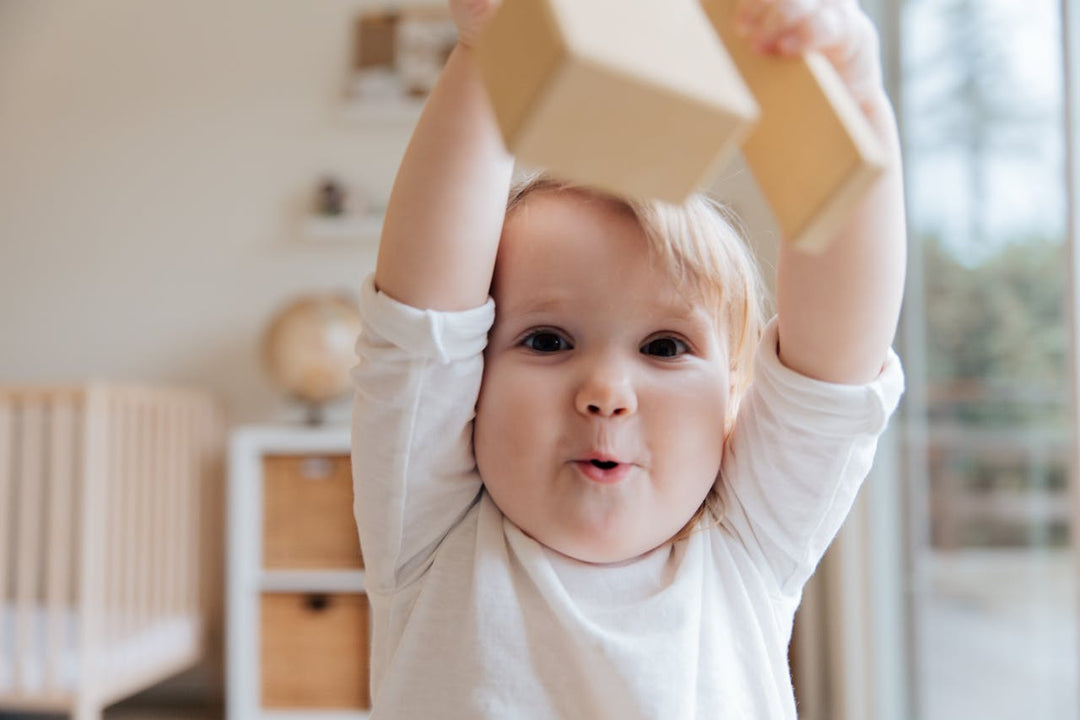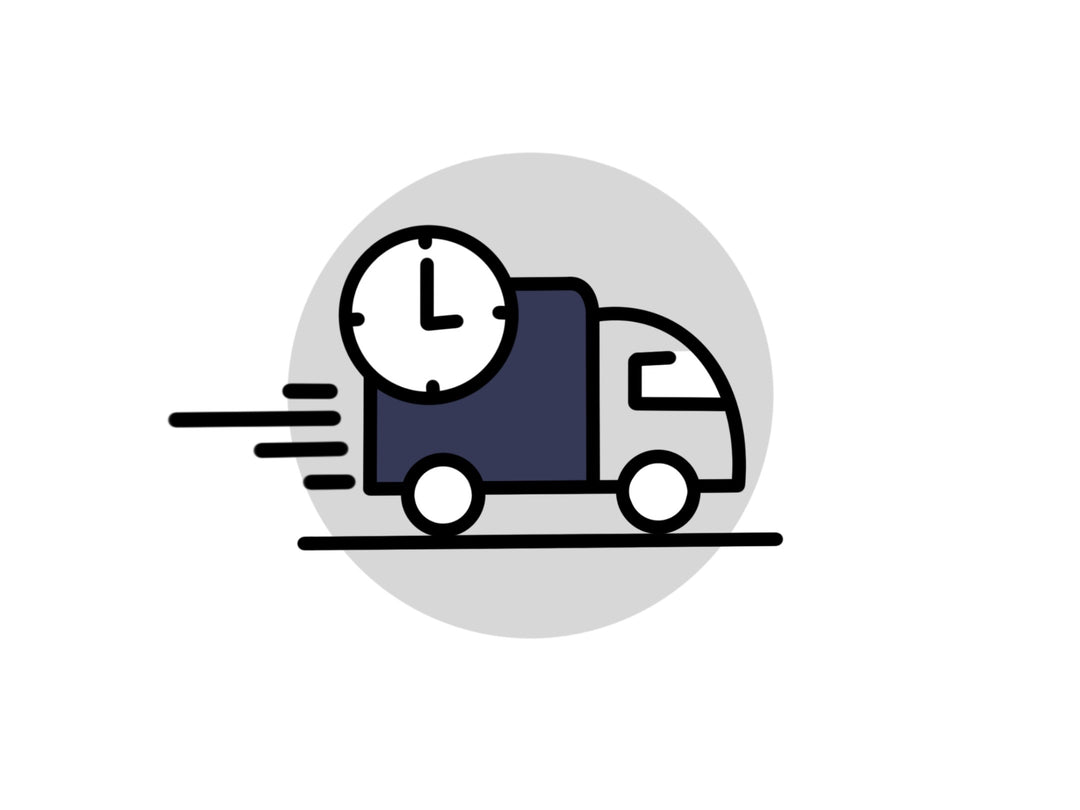Embracing Movement: Montessori Activities for Supporting Baby's Motor Skill Development

The early years of your baby's life are a period of rapid growth, especially in the development of motor skills and physical abilities. Montessori-inspired activities create opportunities for babies to navigate their environment, actively engage with objects, and practice natural movements that contribute to their overall development. Focusing on motor skill development fosters a sense of achievement and independence in your growing baby, laying a solid foundation for their physical and cognitive development.
In this article, we delve into the principles of Montessori-based motor skill development and highlight a variety of activities tailored to the unique needs and abilities of your baby during their first months of life. By incorporating these activities into your daily routine, you create a nurturing environment that promotes movement, exploration, and self-directed growth. In addition, we will provide practical tips for setting up a Montessori-friendly space that encourages your baby to develop their motor skills and physical abilities with confidence and independence.
1. Montessori Principles for Motor Skill Development in Infants
A Montessori-based approach to motor skill development is rooted in the following principles, which can be easily incorporated into your baby's daily routines:
- Encourage Natural Movement: Foster the development of motor skills by providing opportunities for your baby to practice natural, unrestricted movement in a safe and controlled environment.
- Create Opportunities for Exploration: Encourage curiosity and interaction with the environment by offering age-appropriate toys and materials that promote sensory and motor development.
- Minimize Direct Intervention: Allow your baby to practice movements independently, intervening only when necessary to provide guidance or ensure safety.
- Observe and Adapt: Monitor your baby's progress and adapt activities to suit their developing skills, ensuring that each task remains challenging but achievable.
2. Stimulating Environments for Enhancing Motor Skill Growth
A Montessori-friendly environment can significantly impact your baby's motor skill development, with the following elements playing an essential role in supporting growth:
- Encourage Independence: Arrange your home to encourage your baby's autonomy, with frequently used items easily accessible and space for unrestricted movement.
- Choose Age-Appropriate Materials: Provide a range of materials that cater to your baby's stage of development, ensuring the toys encourage exploration, independent play, and motor development.
- Strive for Simplicity: Keep your baby's environment clutter-free, making it easier for them to focus on individual activities and explore their surroundings without feeling overwhelmed.
3. Age-Appropriate Montessori Activities for Motor Skill Development
Incorporating the following Montessori-inspired activities into your baby's daily routine can support motor skill development at various stages during the early months:
1. Newborns (0-2 Months):
- Floor Time: Provide your newborn with tummy time on the floor, encouraging them to lift and turn their head, practicing essential early motor skills.
- Visual Tracking: Use slow-moving, brightly colored objects to encourage your newborn to track movement with their eyes, building visual-motor skills and coordination.
2. Infants (2-6 Months):
- Reaching and Grasping: Encourage your baby to reach for and grasp toys, such as colorful, age-appropriate rattles, nurturing their fine motor skills.
- Rolling and Sitting: Create opportunities for your baby to roll over and practice sitting unsupported, fostering their balance and core strength.
3. Older Infants (6-12 Months):
- Crawling and Walking: Encourage your baby to practice crawling, cruising, and walking skills with the help of age-appropriate furniture items and supportive objects.
- Object Manipulation: Offer materials such as stacking blocks, shape sorters, and puzzles that challenge your baby's fine motor skills and hand-eye coordination.
4. The Role of Parental Support in Your Baby's Motor Skills Journey
As your baby's primary source of guidance and encouragement, your role in their motor skill development is invaluable. The following suggestions can help you better support your baby's growth:
- Observe and Engage: Watch your baby closely as they engage in motor activities, offering guidance, encouragement, and assistance when necessary, but allowing them to practice independently as much as possible.
- Provide Emotional Support: Offer praise and reassurance as your baby navigates new challenges, cultivating a sense of achievement and motivation that will fuel their motor skill development.
- Model Desired Movements: Use your own actions to demonstrate specific movements and activities, helping your baby learn through imitation and observation.
- Encourage Communication: Engage in two-way communication with your baby as they explore their environment, creating a rich, supportive atmosphere for learning and growth.
5. Observing and Adapting to Your Baby's Changing Needs and Abilities
As your baby grows, their motor skill development will progress at a remarkable pace. It's essential to remain flexible and adaptive in your approach, ensuring that activities and materials continue to provide appropriate challenges and opportunities for learning.
Conclusion
By incorporating Montessori principles and activities into your baby's daily routines, you create a nurturing environment that encourages the development of essential motor skills during their earliest months. As your baby progresses through various stages of movement and exploration, remember the importance of fostering independence, offering guidance, and maintaining a supportive, stimulating environment. Embrace the Montessori approach to motor skill development and celebrate each stage of growth as your baby discovers new challenges and achievements in their ongoing journey of physical and cognitive development. Check out The Topponcino Company’s Montessori products now.












